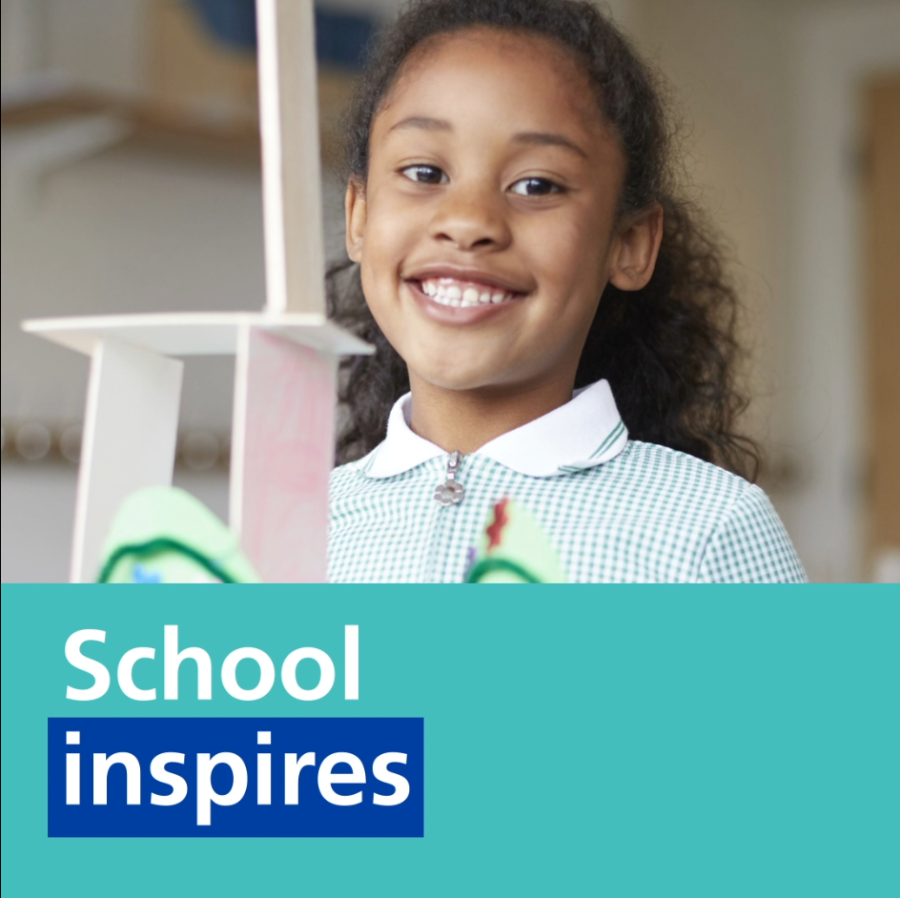We are sharing mental health advice and wellbeing tips for children, young people and their parents ahead of the return to school on March 8.
For many young people this will be a positive step towards a sense of normality following a year of virtual learning and significant changes to daily routines. For some, the news brings forth anxiety and uncertainty around the spread of Covid-19 among classmates and fears around regular testing in school.
To help prepare children and young people for their return to the classroom, LSCft, Child and Adolescent Mental Health Service (CAMHS) and Child Psychology Integrated Services (CPS) has released advice, guidance and support videos to help parents, carers and children cope with the transition.
Shamaila Iqbal, CAMHS and CPS Primary Mental Health Worker in Preston said:
“As children and young people start to return to school it’s important to keep an open line of communication with your child.
Listen to their thoughts, feelings, fears or concerns around returning and encourage conversation in the lead up.
The first thing to do is check in with yourself and look at your own wellbeing, before approaching a child. Keep the conversation casual and be confident that you can support them in the right way."
By visiting the HealthierYoungMindsLSC website you can equip your knowledge with the right coping strategies. These strategies will enable you to approach your child to talk about their thoughts, feelings, behaviours and overall mental health.
Keep them informed
Children and young people like to be informed, the more up-to-date information and knowledge of the pandemic they are aware of, the easier it can be to process certain changes.
Keep lines of communication open with your child or young person. Try and relieve feelings of anxiety with relevant information around safety measures in school and that change is a good thing and should be embraced.
Changes in behaviour
On returning to school, initial fears may be present. It’s a familiar environment but not in the way they remember. Social distancing measures and new rules around approaching friends may be a confusing setting for a young person.
Children are not always skilled in emotional literacy, and they may display certain changes in behaviour as tools to communicate with you. Below are just some examples of these behaviours:
- Defiance
- Saying they feel ill or sick
- Asking lots of planning questions (who, when, why, what, where)
- Seeming tired or sleepy
- Being angry and having tantrums
- Struggling to calm down
Try to stay curious about the underlying reasons for the behaviour and respond positively to that need.
Understanding their feelings and emotions
Listen to your child’s thoughts and feelings and help reframe any concerns or negative emotions into a positive solution that will help them tackle the transition.
Offer practical and logical advice but with love, care and reassurance.
Keep in touch with school
Before your child returns to school, ask the school what plans are in place – what is your child’s new daily structure and learning environment going to look like?
The more information you can share with your child ahead of their return, the less surprises they will face and better they will feel about the transition.
Whatever plan your child’s school has in place, reassure them that all testing is necessary and that they are playing a big role in helping the country fight against the virus.
Further resources
We also run a Mental Health Family Hour podcast hosted through Sam Tyrer, its Prevention and Engagement Lead for Nursing and Quality Directorate.
The podcast discusses various mental health issues alongside clinicians and other guest speakers, including mental health in children and young people.
Public Health England has launched a free Psychological First Aid course aimed at adults on how to support children and young people’s mental health during emergencies and crisis situations.
For more information and to sign up visit: www.futurelearn.com/courses/psychological-first-aid-for-children-and-young-people

